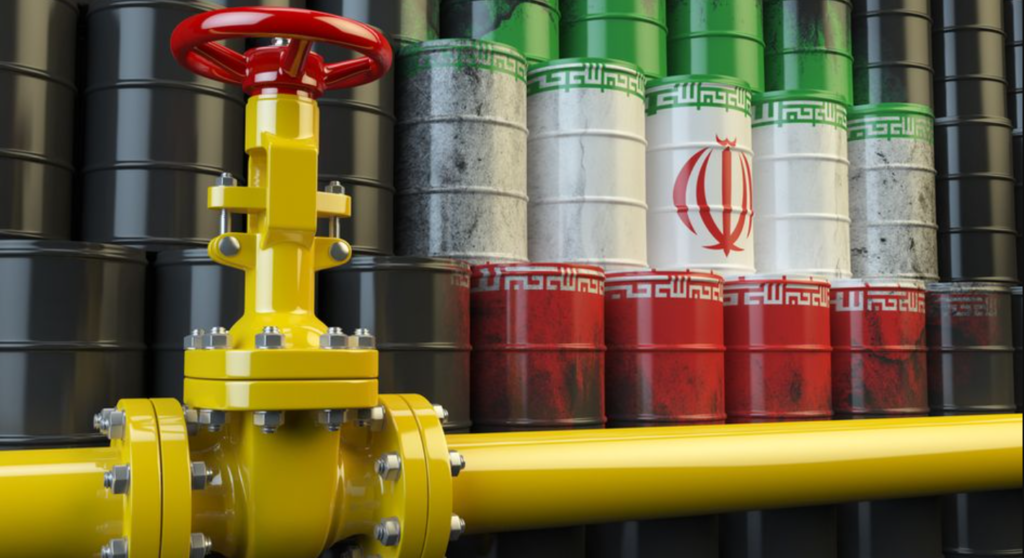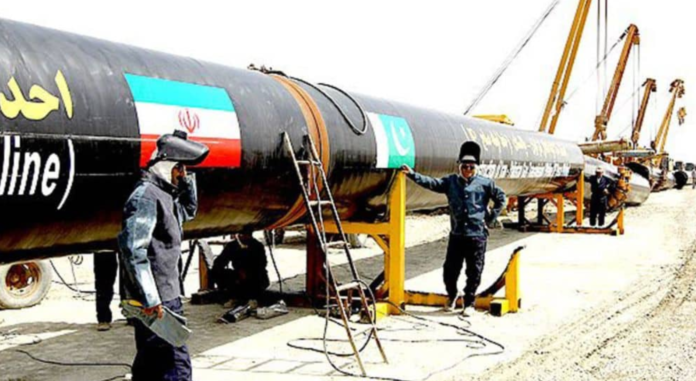The Public Accounts Committee (PAC) of Pakistan has expressed concern that the country could face a staggering penalty of $18 billion if it does not go ahead with the Iran-Pakistan Gas Pipeline (IPG) project. The project, which was first proposed in 1995, is designed to transport natural gas from Iran to Pakistan through a 1,000-kilometer pipeline. The project has been delayed for several years due to a number of factors, including sanctions on Iran and security concerns.
In 2016, Pakistan and Iran signed a revised agreement for the IPG project. Under the agreement, Pakistan is to pay Iran $4.9 billion for the gas and $1.5 billion for the construction of the pipeline. Pakistan is also to provide Iran with a $1 billion loan.
The PAC has now expressed concern that Pakistan may not be able to complete the IPG project due to financial constraints. The committee has also expressed concern that the United States may impose sanctions on Pakistan if it goes ahead with the project.
The IPG project is a major strategic project for Pakistan. The project is expected to provide Pakistan with much-needed energy security and help to boost the country’s economy. However, the project is also facing a number of challenges. It is important for Pakistan to find a way to overcome these challenges and complete the IPG project.

Here are some of the challenges that Pakistan is facing in completing the IPG project:
Financial constraints:
The IPG project is a very expensive project. Pakistan is facing a number of financial challenges, which could make it difficult for the country to finance the project.
Sanctions:
The United States has imposed sanctions on Iran. These sanctions could make it difficult for Pakistan to import gas from Iran.
Security concerns:
The security situation in the region is a major concern. There is a risk that the IPG project could be targeted by terrorists or other groups.
Despite these challenges, it is important for Pakistan to complete the IPG project. The project is a major strategic project that could provide Pakistan with much-needed energy security and help to boost the country’s economy.
Options for Pakistan
Pakistan has a number of options to consider in order to overcome the challenges facing the IPG project. These options include:
Seeking financial assistance from international partners
Pakistan could seek financial assistance from international partners, such as China and Saudi Arabia, to help finance the IPG project.
Negotiating with the United States to lift sanctions
Pakistan could negotiate with the United States to lift sanctions on Iran, which would make it easier for Pakistan to import gas from Iran.
Developing alternative energy sources
Pakistan could develop alternative energy sources, such as solar and wind power, to reduce its reliance on imported gas.
The best option for Pakistan will depend on a number of factors, including the availability of financial assistance, the willingness of the United States to lift sanctions, and the pace of development of alternative energy sources. However, it is clear that Pakistan needs to find a way to overcome the challenges facing the IPG project in order to secure its energy future.





